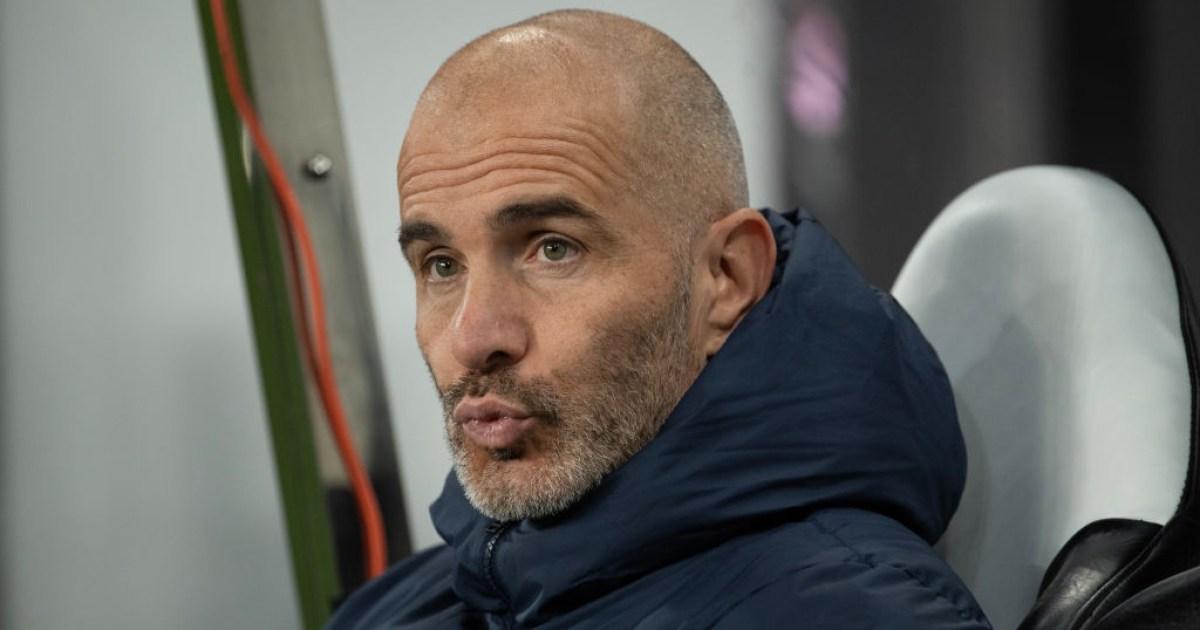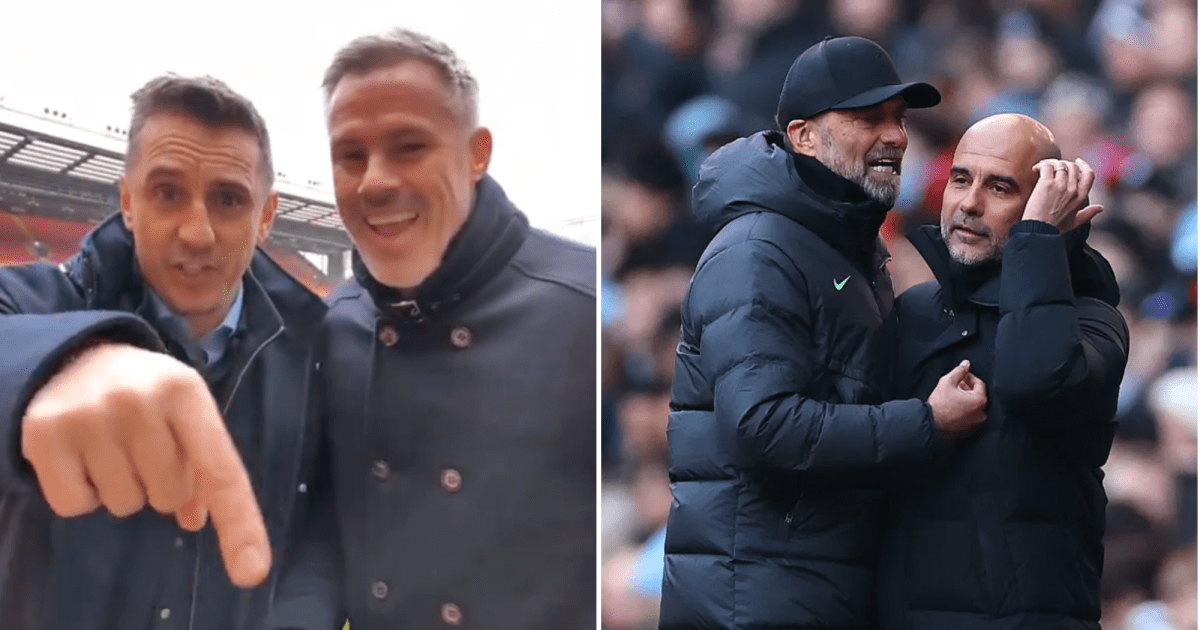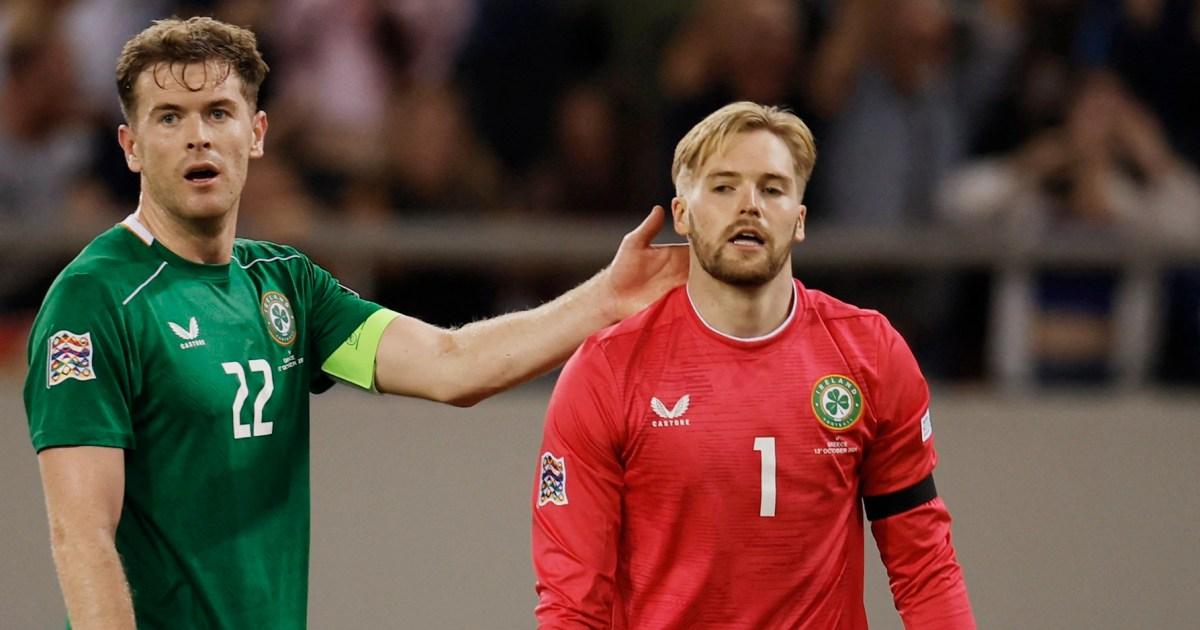The Welsh Rugby Union says it “needs to apologise” for threats to withdraw the women’s team from competition but the organisation denies any motivation for its actions was sexist.
The allegations, reported by the Telegraph, said the women’s team were threatened with withdrawal from next year’s Rugby World Cup if they did not sign new contracts. The report also alleged the WRU’s CEO, Abi Tierney, did not want to pay travel expenses for the team. The governing body denies some of the allegations.
The WRU chair, Richard Collier-Keywood, said a player representation group approached him on 8 August with concerns about how the contract negotiations were being handled. This led to him asking WRU the board members Claire Donovan and Alison Thorne to conduct a review into the process.
That review, that will be made public in coming weeks, has already found players were told if they did not sign new professional playing contracts within three hours they would be withdrawn from competition.
The withdrawal threat came after the executive leadership team became aware continuing contract negotiations may have impacted preparations for a friendly against Scotland on 6 September because the players were considering strike action.
“It is our intention to sit down properly with the players over the course of the next couple of weeks and deliver the apology,” says Collier-Keywood. “It is absolutely clear we do need to apologise, we just need to get the logistics of that right because players are in all different parts of the country.”
But Collier-Keywood insisted it was not sexist: “We basically chatted to the women about that and that word just did not come up. I know people want to use labels but it is probably an unhelpful label because that is not representative.
“The reason for that happening was not to do with sexism towards the players. It was to do with a complex ecosystem of things that had gone wrong [for] which we are responsible. It is important for us as a board to know exactly what went wrong and not to just take labels because otherwise we will take out the wrong actions in response to those labels.”
after newsletter promotion
Donovan agreed with Collier-Keywood that sexism did not play a part: “There are all sorts of things we absolutely could have done better and there are all sorts of hurt that we need to talk to but I genuinely don’t believe the decisions that were made were driven by sexism,” she said.
“There was a real determination to make this better for the Welsh women’s team going forward and we may well have lost our way in some of the conversation but the desire was there to make it better in the first instance.”







